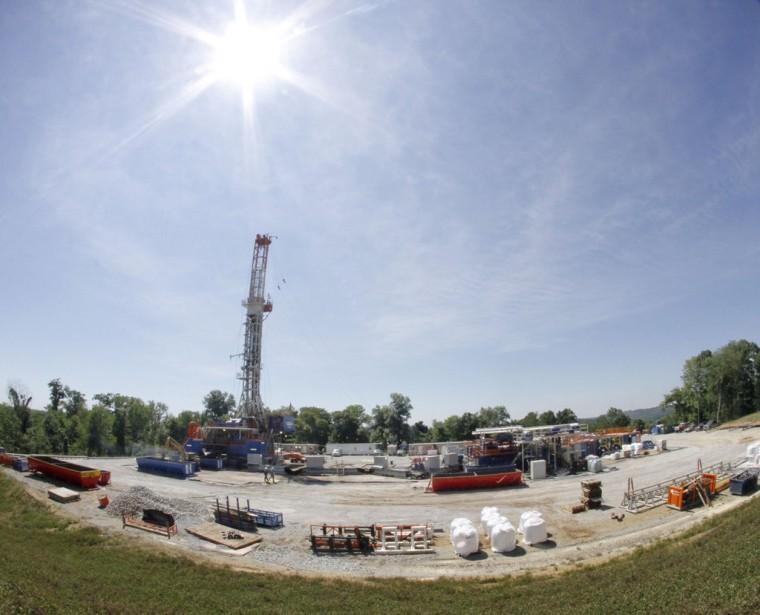Angular, modern houses mix with beautifully renovated shotgun homes on the streets of New Orleans’ Lakeview neighborhood. The sides of the roads house BMWs and Mercedes-Benz sedans as driveways are rare in the Big Easy. Wealth is visible in Lakeview at every turn — except for the potholes plaguing the road.
Lakeview is a picture perfect anecdote for Louisiana’s transportation funding misappropriations. The Legislature wants Louisianians to be content with the widening of roads and new construction projects but ignore the long-term problems of the transportation budget. You can drive down the road in Lakeview and see the pretty houses, but if you’re not careful, the front end of your vehicle will bottom out, sending your car to the mechanic for an overpriced repair job.
The state has money for transportation projects — evidenced by the constant construction on the I-12 corridor from Slidell to Baton Rouge — but a solid funding base for the future of Louisiana’s roads and bridges doesn’t exist.
This past legislative session, state Sen. Robert Adley, R-Benton, led the Senate in reallocating money from transportation to the state general fund. Before Adley’s bills passed, the state’s motor vehicles sales tax went directly to the general fund. These $400 million in funds were scheduled to divert to the Transportation Trust Fund in 2020.
Adley’s legislation, signed by Gov. Bobby Jindal, removes the $400 million diversion, keeping the money in the general fund to relieve other pressures on the state budget. To account for the newly created funding problem in the TTF, the plan moves revenue from mineral taxes that previously went into the Budget Stabilization Fund to the TTF.
In simpler words, the state is moving money from certain accounts to pay for others, begging the question where the funding hole created will be filled.
With this plan, the TTF goes from receiving $400 million to receiving $100 million — at most. According to the Public Affairs Research Council of Louisiana, for the transportation fund to see the full $100 million, oil prices would have to rise to $100 per barrel. Currently, oil sits at around $45 per barrel, and yearly forecasts shoot for an average of around $50 per barrel.
Oil prices are unlikely to rise to $100 a barrel, so the best TTF can hope for is getting $10 million from taxes levied on oil and gas revenue. This means the TTF will lose $390 million in funds.
If you believe the experts, it sounds like the next big debate at the legislature will be about raising fuel taxes.
Raising them would increase the price of gas in Louisiana, but the benefits would be worthwhile. A tank of gas will only get you so far when the bridge is falling apart beneath you, or you find yourself head first inside a giant pothole.
Transportation is only one of countless short-term funding solutions that cause more harm than good to the state.
The budgetary shell game is the signature for Louisiana politics. Short-term solutions to long-term problems pacify voters. As it always has been, if it’s not under your nose, you won’t smell the danger until it’s too late.
Justin DiCharia is a 21-year-old mass communication senior from Slidell, Louisiana. You can reach him on Twitter @JDiCharia.
OPINION: Transportation funding woes part of a larger shell game
September 10, 2015
Hydraulic fracturing extracts oil and natural gas by forcing chemicals into shale rock or derelict wellbores. This process pushes the assets to the ground’s surface.
More to Discover











